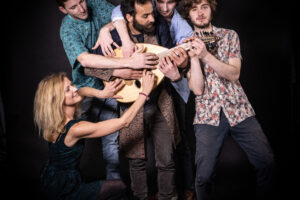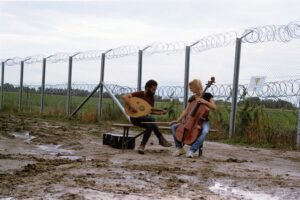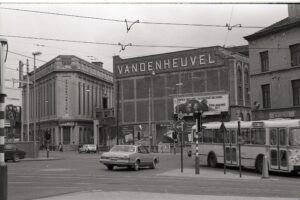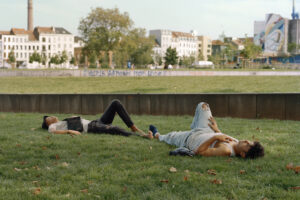In the exploration of blending traditional and contemporary music, there arises a curiosity: What if the inspiration from traditional melodies meets the abstract textures of modern compositions? Or perhaps, envision the vibrant harmonies of jazz entwined with the passionate tones of Arabic maqâms?
Jaqâmaz emerges as a recent collective, formed by five individuals at a crossroads, a nexus between four distinct worlds. Their music mixes the diverse cultural forms to birth something novel. Thus, each member shoulders a significant responsibility within the ensemble, tasked with sharing their influences to achieve harmony amidst diversity. Success in this endeavor could potentially unveil new vistas in music.
For those familiar with the cadence of swing and the melancholy of blues, the resonant timbre of the Ud may evoke a desire to explore beyond the Mediterranean shores. Similarly, enthusiasts of orchestral melodies, reveling in their lush arrangements, may find themselves irresistibly drawn to the pulsating rhythms of modern grooves. In essence, Jaqâmaz aspires to unite disparate sensibilities, ushering them into uncharted sonic territories.




